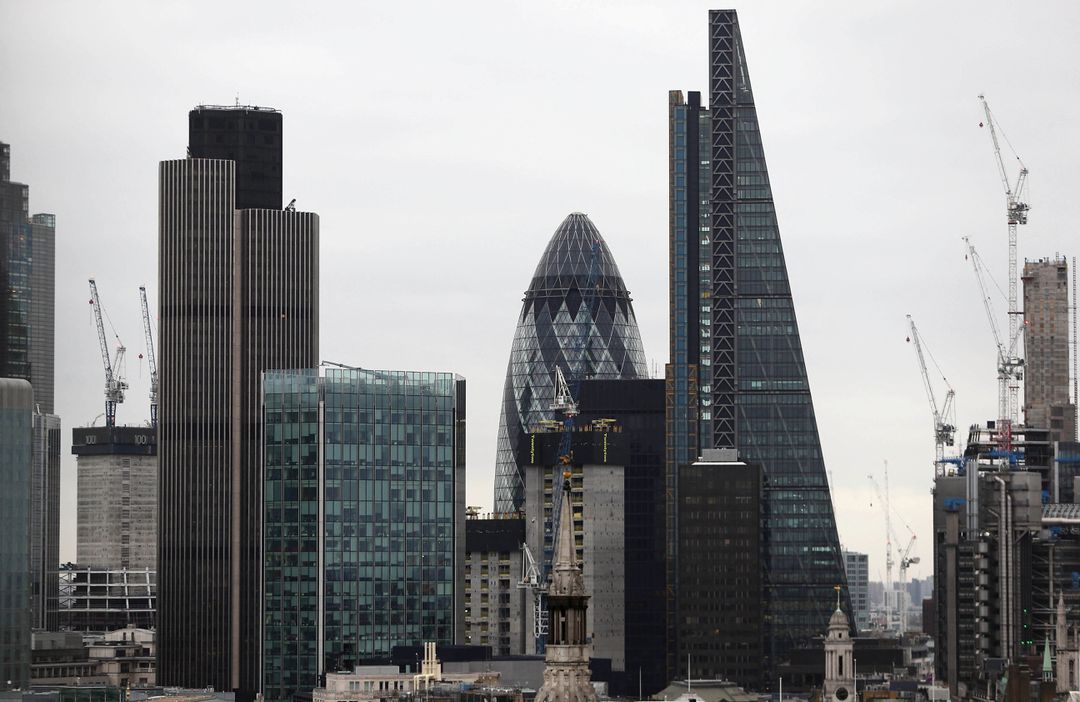
In late 2021, Britain’s economy grew faster than previously estimated, but this was mostly due to COVID-related activities in the health sector, which obscured the impact of inflation on household earnings and a bleak outlook for the private sector.
Official data released on Thursday revealed that the world’s fifth-largest economy grew by 1.3 percent in the fourth quarter, as the Omicron wave of coronavirus cases grew.
This was higher than a preliminary projection of 1.0 percent growth for the preceding three months.
However, health and social work contributed the most to the growth, including additional doctor visits, a significant increase in coronavirus testing and tracing, and an extension of the COVID-19 immunisation programme.
The higher revision to GDP, according to Paul Dales of consultancy Capital Economics, was not as optimistic as it appeared at first glance.
‘It appears that a lot of it is related to inventories, while consumer spending has been revised down,’ he said. ‘The latter shows that the squeeze on real incomes is beginning to bite, despite the fact that the savings rate has fallen.’

Post Your Comments